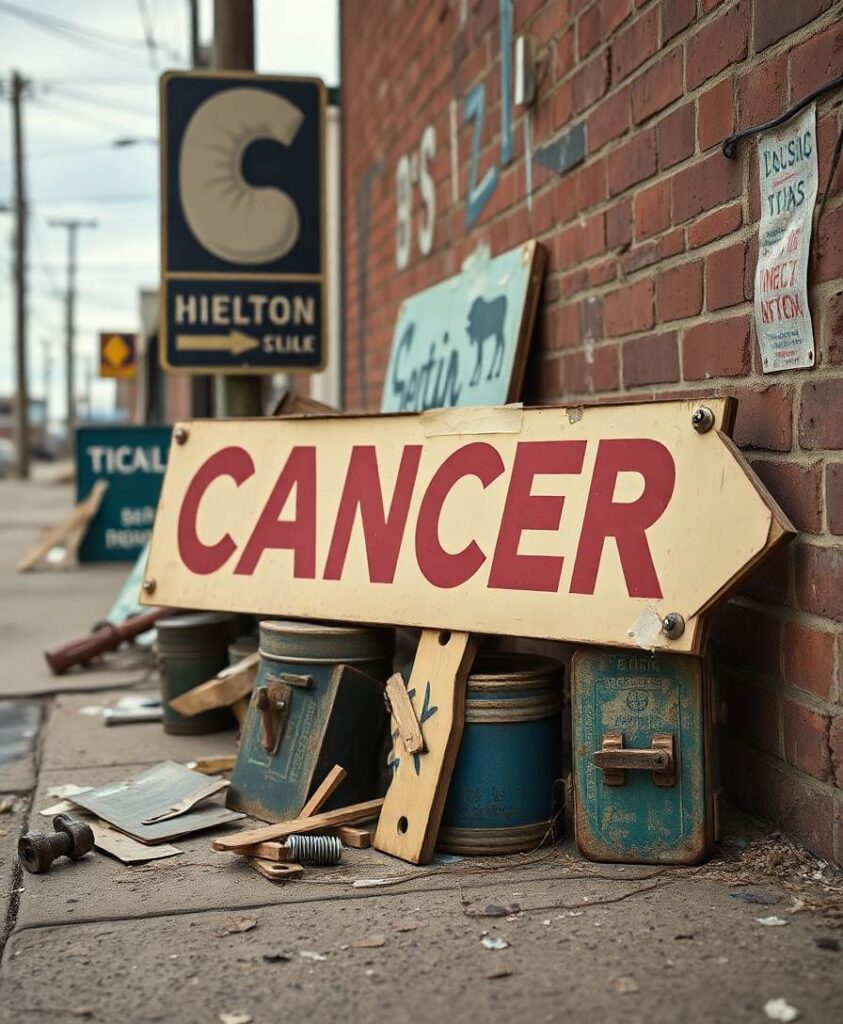Imagine the subtle, almost invisible way your body whispers to you that it’s fighting to stay resilient. Maybe it’s a slight tightness in your muscles or a quiet sense of fatigue that lingers longer than usual. Now, picture adding gentle, intentional movement—like a slow walk or mindful stretching—that listens to these signals and responds with care. That’s not just about staying active; it’s about opening a quiet channel of hope and strength, especially for those navigating the challenging path after a colon cancer diagnosis.
When facing a serious health journey, many find themselves asking: “What can I do beyond medicine to support my recovery?” Surprisingly, recent research points to something as accessible and natural as exercise. A groundbreaking international study shows that a structured three-year exercise program can meaningfully improve survival rates among colon cancer patients and help keep the disease at bay. This isn’t just a minor benefit; it’s a powerful reminder that movement can be medicine—without pills or invasive procedures.
For people living with or after colon cancer, understanding how physical activity influences their health can be both empowering and reassuring. The study reveals that engaging in specific, sustained exercise routines can strengthen the body’s defenses, potentially improving long-term outcomes. It’s a message that might seem simple, but it carries profound implications: your body’s capacity to heal and protect itself can be nurtured through gentle, consistent activity.
How Light Exercise Can Support Colon Cancer Recovery and Prevention
Many wonder, “Is exercise really enough to make a difference after a cancer diagnosis?” The answer, supported by this new research, is a heartfelt yes. The benefits of consistent movement—such as walking, stretching, or yoga—extend beyond physical health. They can influence your emotional resilience, boost your energy levels, and even enhance your immune response.
It’s important to recognize that the journey isn’t about pushing to exhaustion but about listening to your body and finding a rhythm that supports your recovery. Small steps—like a brief daily walk or gentle yoga—can become powerful acts of self-care. Over time, these routines help your body build strength, improve circulation, and foster a sense of control amid uncertainty.

For caregivers and loved ones, understanding that movement can play a role in supporting someone’s health can foster a more holistic approach to healing. It’s not just about medication or treatments; it’s about nurturing the body’s innate ability to recover and defend itself. Insurance plans and cancer care centers are beginning to see this too, recognizing that exercise is a valuable, accessible tool in the fight against cancer.
Living with or after colon cancer often involves balancing hope with patience. This research underscores that small, consistent efforts—like incorporating gentle movement into daily routines—can have meaningful impacts on survival and quality of life. It’s a reminder that healing is a multifaceted process, where the body’s natural resilience is something we can help nurture through mindful activity.
If you or someone you love is managing colon cancer, consider how integrating gentle, enjoyable movement might support your journey. Listen to your body, seek guidance from healthcare professionals, and remember: even the smallest steps can be a powerful act of hope and healing.
Learn More: Exercise Boosts Survival Rates in Colon Cancer Patients, Study Shows
Abstract: A three-year exercise program improved survival in colon cancer patients and kept disease at bay, a first-of-its-kind international experiment showed. With the benefits rivaling some drugs, experts said cancer centers and insurance plans should consider making exercise…
Link: Read Full Article (External Site)


